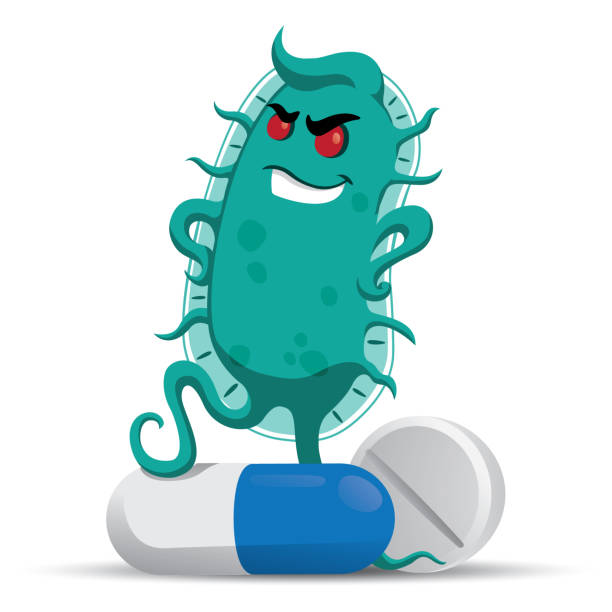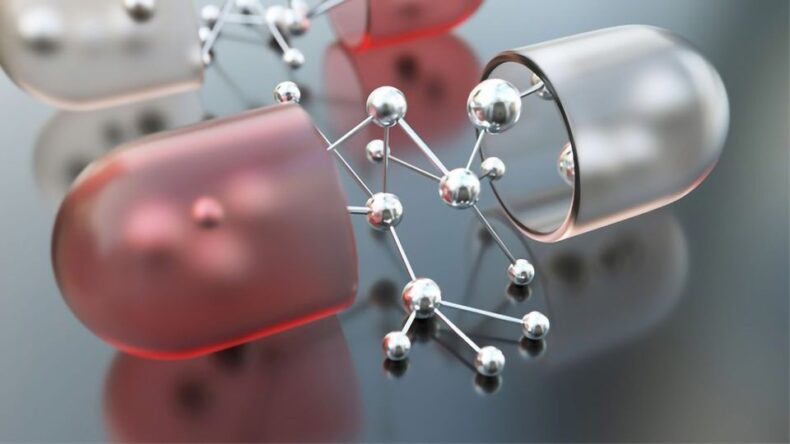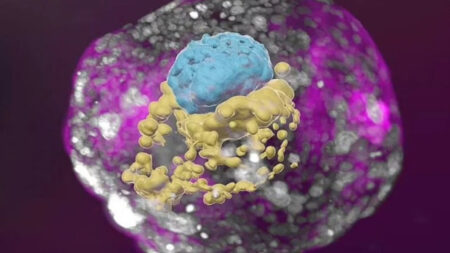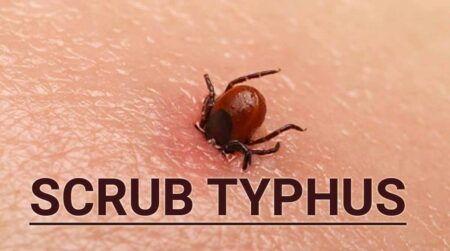Antibiotic resistance in bacteria is linked to excessive misuse of drugs available in the market by individuals. This has rendered the bacteria an evolutionary ability to draw resistance towards drugs which were once known to be effective. The antibiotics overuse have triggered a relatively obscure pandemic causing 13 lakhs deaths worldwide in 2019 alone. Furthermore, treatment for antibiotic resistance is pricey, prolonged, with high fatality rates. The miracle drugs therefore have fallen from their esteemed position in pharmacology and healthcare.
Antimicrobial resistance is driven either by the emergence of new mutations in the bacteria or the acquisition of resistant genes from other bacterial sources. The mutations generally arise due to inordinate use of antibiotics which renders the bacteria ability to repulse its actions, bringing about antibiotic-resistant strains of bacteria in circulation.

The Drug-Antibiotic response study
The research which was published in Science Advances claims that the new drug prevents the onset of stress mechanism in a common intestinal bacteria- Escherichia coli (E.coli) preventing the repair of mutagenic DNA breaks induced by ciprofloxacin-related stress. The scientists discerned the specific step at which the hitch was getting caused, i.e. the upstream activation of ‘stringent starvation stress response’.
Dr. Susan Rosenberg, the lead researcher in the study along with the team took and tested a bunch of around thousand approved-human-use drugs. Targeting amongst those, they focussed on the ones that can slow down or inhibit antibacterial resistance in E.coli when the bacteria is given a treatment with a third antibiotic- ciprofloxacin (cipro).
Amongst the widely purchased drugs, Cipro stands second in the US. Studies have found that low concentrations of Cipro is enough to induce a stress response in the bacterial species. The Rosenberg research group also identified previously that genetic mutations occur in bacterial cultures at significantly increased rates when the cultures are exposed to ciprofloxacin. It introduces breaks in the bacterial DNA, which the repair machinery mends on triggering the bacterial stress response.
The experimental screening of various drugs provided Dr. Rosenberg and team an epic drug that hinders the ability of the bacteria to undergo antibiotic resistance. The notable feature of the drug is that it is not an antibiotic within itself, so the bacteria could no longer develop resistivity towards it in future. The drug, scientists say is dequalinium chloride (DEQ). It is FDA (Food and Drug Administration, USA) and EMA (European Medicines Agency)-approved drug that has roles as antiseptic and antifungal agent.
The scientists noted that when administered alongside cipro, DEQ effectively decreased the occurrence of mutations that are responsible for antibiotic resistance. This outcome was observed both in laboratory cultures and animal models to support the study. At the end, it was observed that bacteria did not grow resistance against DEQ.
A more positive attribute towards discovery of new bounds of DEQ is that it is required in very low quantities to slow down the mutation rate. This feature would be reliable in patient care. To establish this research on ground-level for patients and healthcare, more clinically relevant data would be needed.













